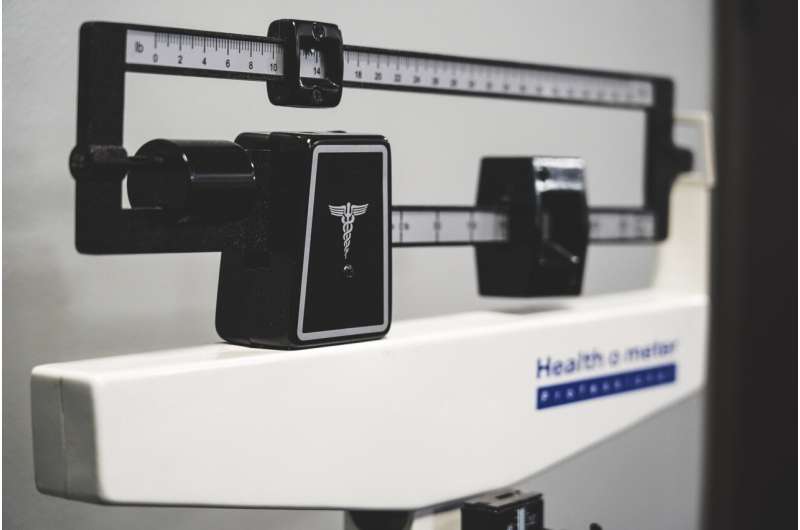Researchers Explore IV Magnesium's Role in Reducing Kidney Damage During Cisplatin Chemotherapy

In a recent study published in JAMA Oncology, researchers Shruti Gupta, MD, MPH, and David Leaf, MD, MMSc, from Brigham and Women's Hospital, have examined the potential protective effects of intravenous (IV) magnesium against kidney injury caused by cisplatin—a widely used chemotherapy drug. Their multicenter cohort study analyzed data from 13,719 patients who received their first dose of cisplatin between 2006 and 2022 across five major U.S. cancer centers. Notably, around 30% of these patients received IV magnesium on the same day as their cisplatin treatment.
Cisplatin is effective against various cancers but is known for its nephrotoxic side effects, which can lead to acute kidney injury. Current supportive care measures are limited, and there is a lack of robust clinical trial data on preventive strategies. Preclinical animal studies have suggested that magnesium may facilitate the excretion of cisplatin through urine, potentially offering renal protection. However, human studies have been scarce.
The researchers aimed to determine whether IV magnesium administration on the day of cisplatin infusion could decrease the risk of kidney damage. Their findings revealed that patients who received IV magnesium had a 20% lower adjusted risk of developing cisplatin-associated kidney injury compared to those who did not. These results remained consistent across various subgroup and sensitivity analyses.
The implications of this study are significant because magnesium is an inexpensive, accessible, and safe intervention. It could serve as a simple preventive measure to protect kidney function in patients undergoing cisplatin therapy. Despite promising evidence, the authors emphasize the need for randomized controlled trials to confirm these observations. Currently, such a trial is underway at Brigham and Women's Hospital.
This research highlights a potential strategy to mitigate one of the major side effects of cisplatin, ultimately improving patient outcomes. Further studies are warranted to establish definitive clinical guidelines for magnesium supplementation during cisplatin treatment.
Source: https://medicalxpress.com/news/2025-04-qa-discuss-iv-magnesium-kidney.html
Stay Updated with Mia's Feed
Get the latest health & wellness insights delivered straight to your inbox.
Related Articles
Innovative CDK9 Inhibitor Shows Promise in Combating Drug Resistance in Blood Cancers
A groundbreaking CDK9 inhibitor has been developed to effectively target resistant blood cancers, offering new hope for improved treatment options in hematological malignancies.
Innovative AI Models Use Low-Tech ECGs to Detect Heart Failure in Rural Populations
Innovative AI models utilizing low-tech electrocardiograms are being developed to diagnose heart failure effectively in rural populations, potentially transforming cardiac healthcare accessibility.
Impact of Weight Variability on Cognitive Decline in Older Adults
New research indicates that weight fluctuations in older adults are linked to faster cognitive decline, highlighting the importance of stable body weight for cognitive health in aging populations.



